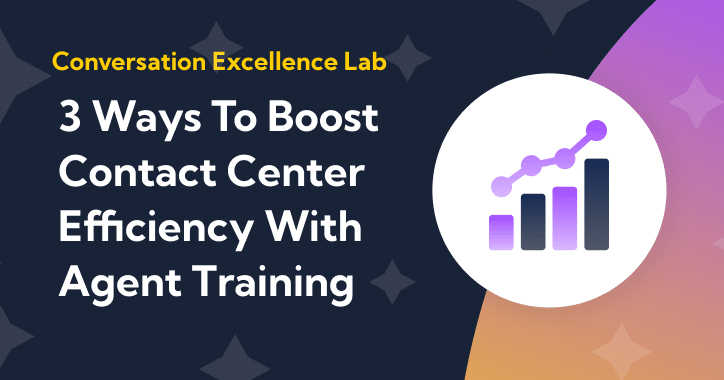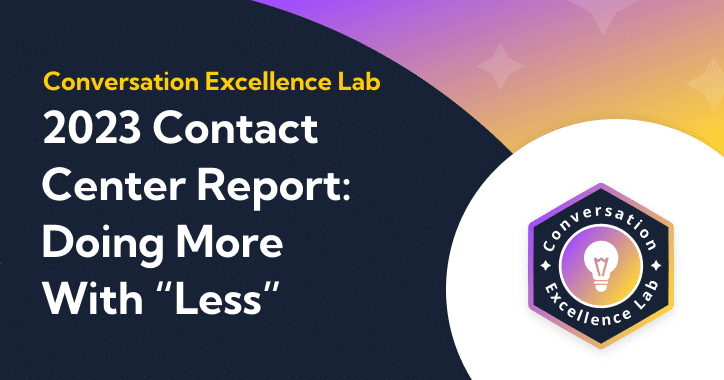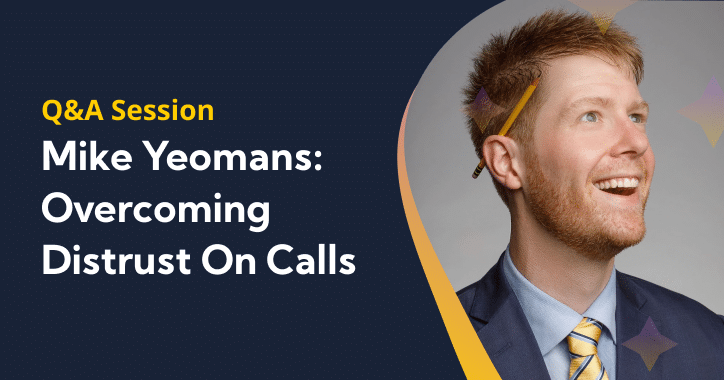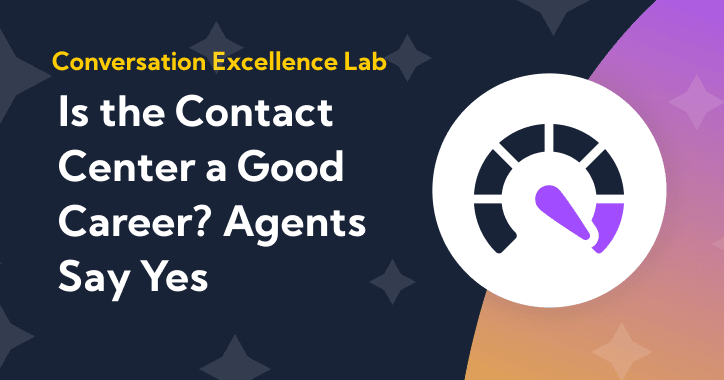In our 2021 Agent Report, we found that human error — not a lack of training or coaching — was the cause of nearly 66% of mistakes on a call.
In general, agents know the right thing to say or do when a call goes awry, they just forget, get nervous, or get bored and slip up.
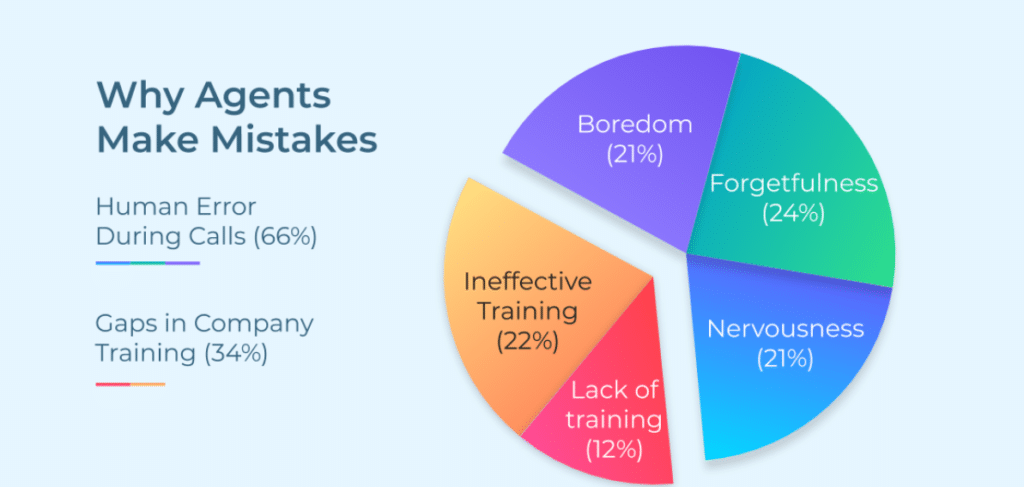
Is this surprising? Many contact center interventions focus on training or methodology, but those two causes only account for 35% of mistakes on calls.
Stress plays a bigger role — today’s agents are overwhelmed. Cornell University found that 87% of contact center workers report feeling “high” or “very high” stress levels. Another 50% said they felt emotionally drained or burnt out by their jobs.
High stress levels can lead to nervousness. They can make agents forget the right thing to say in the moment. Or they can make them check out emotionally and get bored.
Technology can help address these issues. But let’s also take a step back and talk about why agents are so overwhelmed in the first place.
Why are agents stressed?
In our research of 600+ agents earlier this year, we found that the contact center is, for many, a great place to work. Agents get to solve problems, engage socially, and progress in their careers in an environment with lots of opportunities for leadership and high rates of internal promotions.
But at its worst, a contact center can be a high-pressure environment with tight schedules, back-to-back calls, and close scrutiny of mistakes and slip-ups.
On top of that, consumers are calling contact centers more frequently and consumer calls are getting more complicated. The COVID-19 pandemic is one cause of these trends due to increased working from home and a desire for human contact from customers and prospects alike.
According to Forrester, 68% of contact centers said that the phone was a new “empathy channel for customers”, and 70% said their agents were dealing with more emotionally charged consumer interactions.
More consumers are calling in, and those calls are getting longer. This leads to longer hold times and lower customer satisfaction as well as more strenuous agent schedules and increased burnout. This burnout in turn increases agent attrition across the board.
How can we lower agent stress levels?
When agents are able to approach calls with lower stress levels, they are able to be more present, dynamic, and personable in their interactions with customers and prospects. They can enjoy calls and perform better — it’s a win-win-win for the agent, the consumer, and your contact center as a whole.
But how do we get there? Contact center technology offers various ways to automate manual work to create more time and bandwidth for agents and managers. Offerings like real-time guidance, post-call analytics, auto-notetaking, and more take tasks off an agent’s plate so they can focus and be more effective.
Automating after-call work (ACW) provides ample opportunity to lower agent stress levels. Agents are often expected to write up thorough, compliant call notes, update CRMs and other databases, outline next steps, enter disposition codes for a given call, and more — all while remaining engaged and focused on a call.
Cognitive load theory tells us that it’s impossible to do all of these things while remaining present. The more we have to do at once, the worse we perform.
Let’s assume that typing up a call summary takes an average of 1 minute per call for the best agent. Consider this hypothetical scenario:
- You have 300 agents
- Each agent makes 40 calls a day
- Each agent works 20 days out of the month
- Each agent gets paid $15/hour
If you were able to automate after-call notes, you would save each agent 40 minutes a day. What could they do with this time? They could take more calls, which could lead to lower handle times and higher customer satisfaction.
You would also save $60,000 a month, or $720,000 a year. What could you do with that money? Hire more agents to divide up the workload? Invest in new training and technology resources?
When approaching the problem of agent stress, don’t be afraid of starting small. Even saving one minute per agent per call can add up to tremendous impact — and help address 66% of mistakes on calls in the process.


